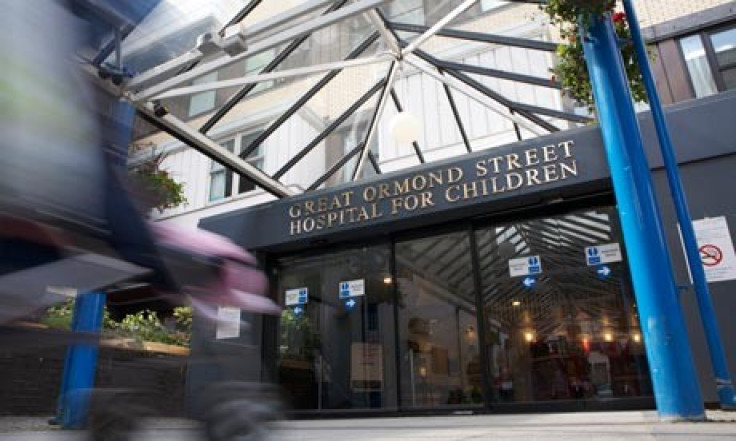Great Ormond Street Patient whose Brain was Injected with Glue Wins Multimillion Pound Claim

A 10-year-old girl whose brain was injected with glue has been awarded a multimillion pound compensation payout.
Maisha Najeeb was receiving treatment for a rare medical condition at Great Ormond Street Hospital in London. When she was admitted in 2010, Maisha was outwardly healthy, although her condition involved tangled arteries and veins that could bleed.
Maisha was due to receive embolisation treatment, in which glue is injected into the body to block off bleeding blood vessels. She was also meant to have harmless dye injected into her brain, to check cranial blood flow.
On this occasion, the dye and the glue were mixed and the glue was injected into an artery in Maisha's brain, causing permanent brain damage.
According to Edwina Rawson, representing her, no system was in place in the operatin theatre to distinguish between the two injections.
A High Court judge approved a settlement against the hospital for £2.8m. In addition, she will receive £383,000 a year until she is 19. From then on, the figure will increase to £423,000 per year for the rest of her life.
The payout will be spent on care and accommodation for Maisha, who needs 24/7 assistance with everyday tasks. She uses a wheelchair and has lost most of her bodily and cognitive abilities.
The NHS admitted liability for her catastrophic injuries and issued unreserved apologies for failures in her care. A statement announced that Maisha's family had engaged with staff at the trust to ensure improvements could be made.
Maisha's father, of Ilford, Essex, said later: " We are sad and devastated by what happened to our daughter. Her life is ruined. All her dreams have been broken.
"I hope that by bringing this case, lessons will have been learned to avoid this happening to other families.
"We are grateful that agreement has been reached with Great Ormond Street to ensure that Maisha's care needs are met."
© Copyright IBTimes 2024. All rights reserved.






